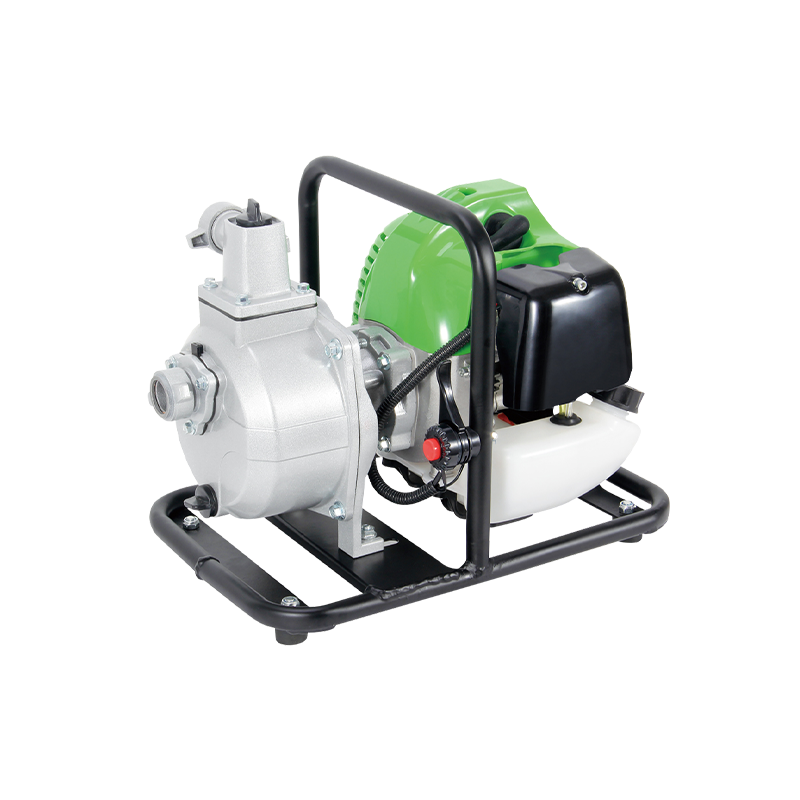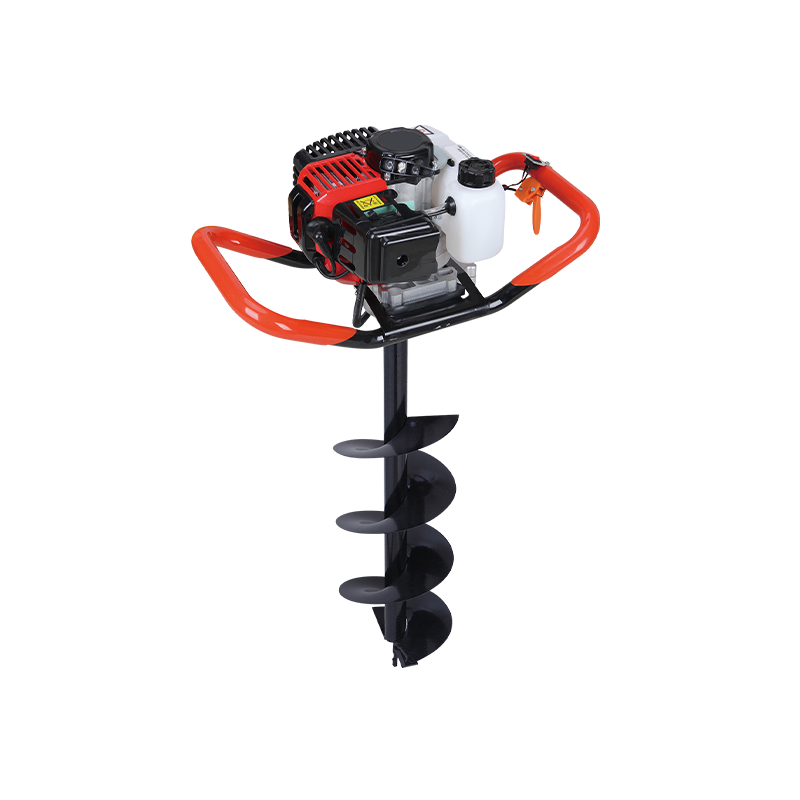In the face of growing concerns about water scarcity and the need for more efficient agricultural practices, the Irrigation Gasoline Water Pump is emerging as a powerful solution for farmers, landowners, and agricultural professionals. Offering a unique blend of portability, efficiency, and reliability, this type of water pump is gaining traction in farming and irrigation systems worldwide, particularly in areas where electricity is scarce or unavailable.
As the demand for water-efficient irrigation methods continues to increase, the Irrigation Gasoline Water Pump stands out as a key player in revolutionizing how water is distributed across fields, gardens, and other agricultural settings. Powered by gasoline engines, these pumps offer an independent source of power, making them ideal for locations where access to electricity or grid power is limited. This feature is particularly beneficial in rural areas, remote farmlands, or disaster-prone zones, where access to a stable energy supply can be unreliable.
One of the main advantages of the Irrigation Gasoline Water Pump is its versatility. These pumps can be used in a wide range of irrigation applications, including flood irrigation, drip irrigation, and sprinkler systems. Farmers can easily transport the pumps to different areas of their property, allowing them to move water from wells, rivers, ponds, or other water sources to their fields. This mobility enables water distribution across large areas or in locations that might otherwise be difficult to reach with traditional irrigation methods.
The gasoline-powered engine ensures that the Irrigation Gasoline Water Pump operates with impressive efficiency, providing a steady, reliable flow of water even under challenging conditions. Unlike electric pumps, which may struggle in remote or rural settings where the power grid is not readily available, gasoline-powered pumps offer an autonomous solution that can operate continuously without being dependent on electricity. This makes them an invaluable asset for agricultural projects in developing regions or places where the infrastructure for modern irrigation systems is lacking.

For farmers, the ability to irrigate crops more effectively means better yields and more efficient use of water resources. Water management is crucial in agriculture, especially as climate change and unpredictable weather patterns make water availability less consistent. The Irrigation Gasoline Water Pump allows farmers to control when and how much water their crops receive, ensuring growth conditions while conserving water in times of drought or reduced rainfall.
Furthermore, the Irrigation Gasoline Water Pump offers a high level of portability that makes it well-suited for diverse agricultural environments. The pumps come in a range of sizes and power levels, giving users the flexibility to choose the right model for their specific needs. Whether it’s a small garden or a vast farm, these pumps can be adapted to various scales of operation, making them an ideal solution for a variety of agricultural practices. The portability also allows for easy transport between different sections of a farm, maximizing efficiency and minimizing downtime.
As the global agricultural industry faces the challenges of feeding an ever-growing population, tools like the Irrigation Gasoline Water Pump are becoming increasingly essential. Efficient water management practices are critical not only for ensuring food security but also for reducing environmental impacts. Over-irrigation can lead to water wastage, soil erosion, and increased energy consumption. With the Irrigation Gasoline Water Pump, farmers can manage their water usage more precisely, contributing to more sustainable farming practices and reducing the overall environmental footprint of agricultural operations.
Safety is another important aspect of the Irrigation Gasoline Water Pump. Modern pumps are designed with features that ensure smooth operation while minimizing the risk of mechanical failure. Advanced safety mechanisms, such as automatic shut-off valves and overheat protection, help prevent accidents and maintain the longevity of the equipment. Additionally, gasoline-powered pumps are generally more durable than their electric counterparts, making them well-suited for rough, demanding agricultural environments.
In terms of cost-effectiveness, the Irrigation Gasoline Water Pump represents a long-term investment for farmers and landowners. While the initial cost of purchasing a gasoline-powered pump may be higher than that of an electric model, the reduced reliance on external power sources means that the operational costs are lower in the long run. In areas with high electricity costs or unreliable power supplies, these pumps provide significant savings and operational stability.


 English
English русский
русский Español
Español عربى
عربى









